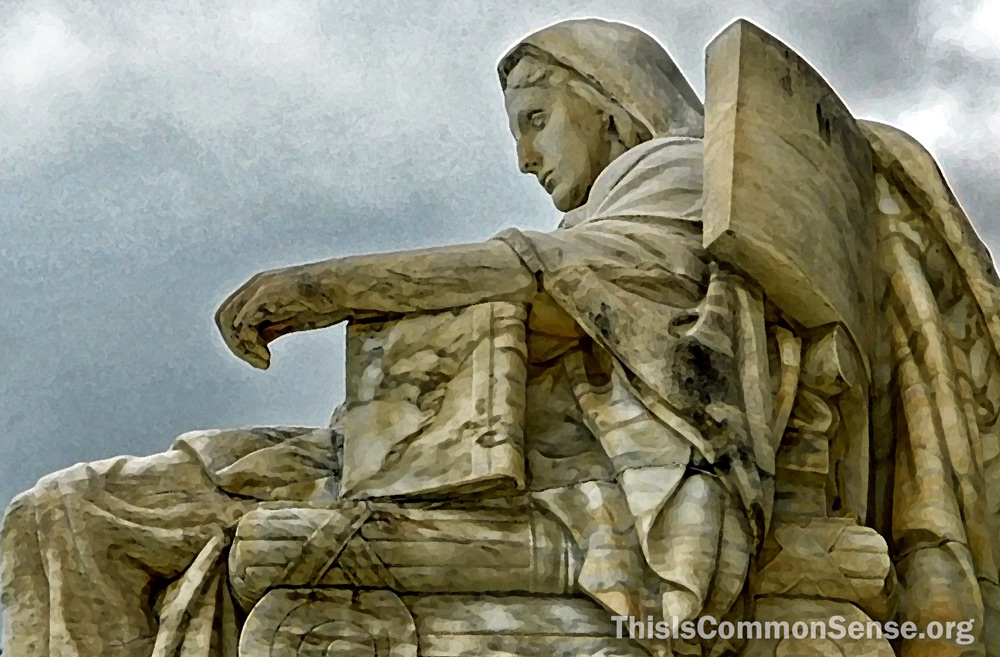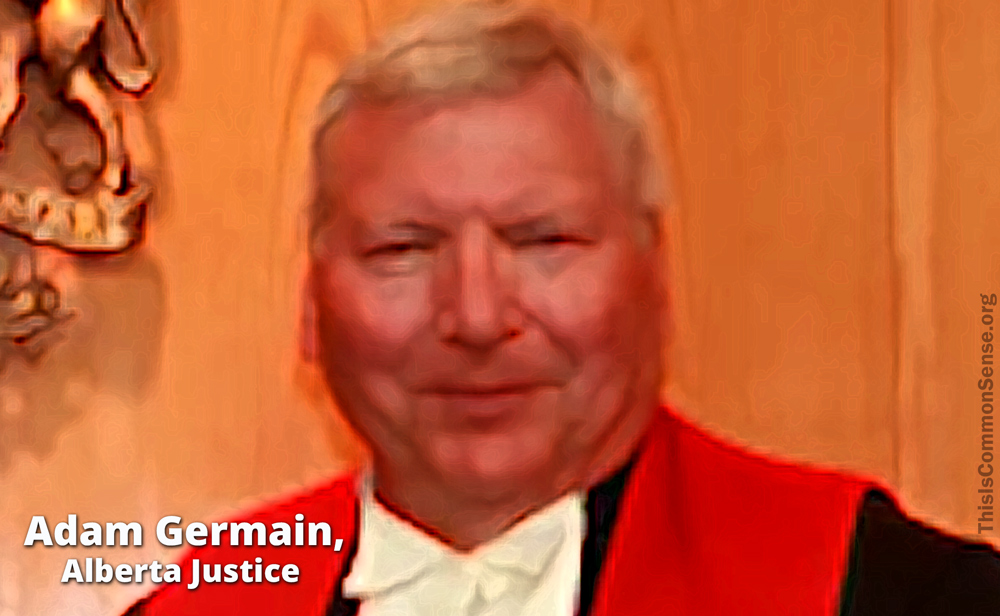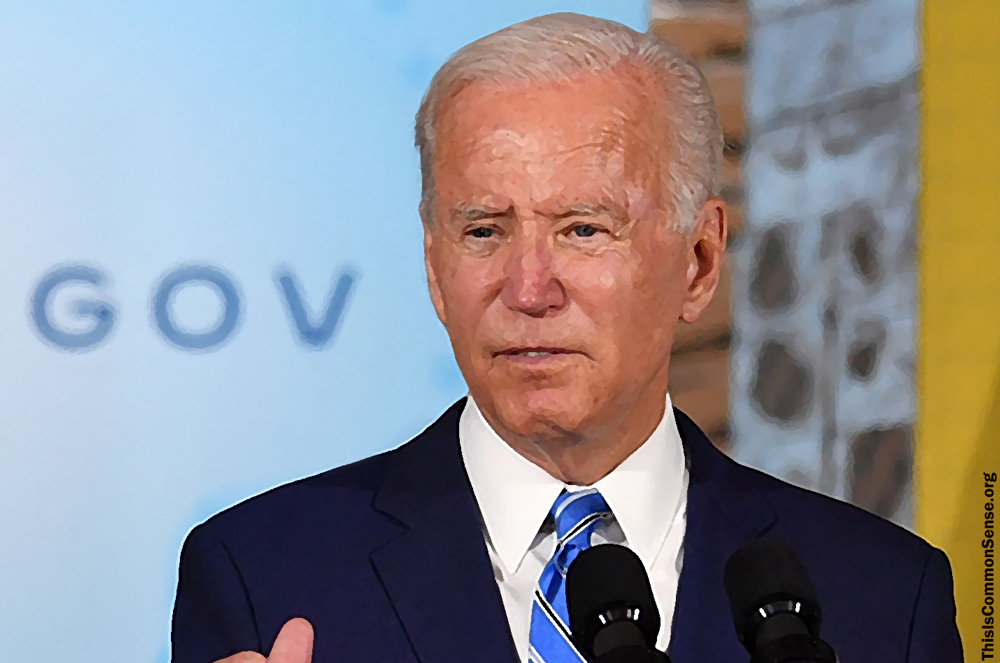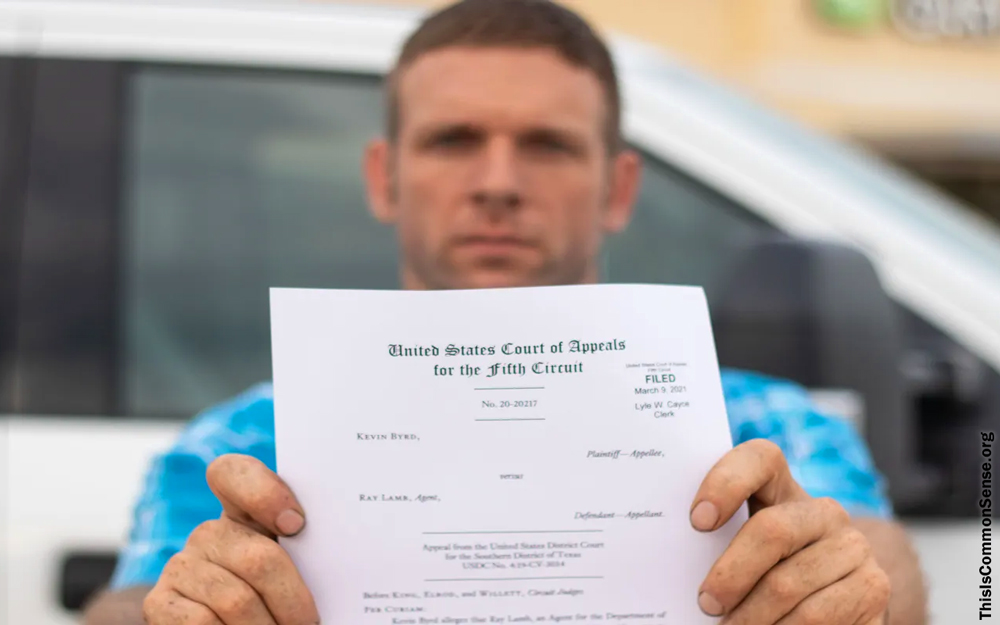The U.S. Supreme Court has ruled that state programs which help parents pay for private schooling may not discriminate against parents who want to send their kids to a religious school.
The court relied on its 2020 ruling that state programs subsidizing private schooling “cannot disqualify some private schools solely because they are religious.”
The present case pertains to a Maine program. The court determined that “Maine’s ‘nonsectarian’ requirement for otherwise generally available tuition assistance payments violates the Free Exercise Clause.”
It adds that a state government’s interest in not establishing a religion “does not justify enactments that exclude some members of the community from an otherwise generally available public benefit because of their religious exercise.”
Maine’s tuition program is for families who live in regions without any secondary public school. Qualifying families can use the subsidy to pay for either public or private schooling in another part of the state. Before 1981, Maine had no problem with students going to religious schools under the program. In that year, the rule changed.
So-called sectarian schools are, of course, often the major and sometimes the only private secondary-school alternative to public schools in an area. According to the Council for American Private Education, 78 percent of all students who attend private schools in the U.S. attend schools that are religiously affiliated.
Proponents of keeping kids trapped in public schools are in an uproar over the court’s decision.
But it only stands to reason that school choice programs must permit choice.
This is Common Sense. I’m Paul Jacob.
—
See all recent commentary
(simplified and organized)





